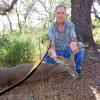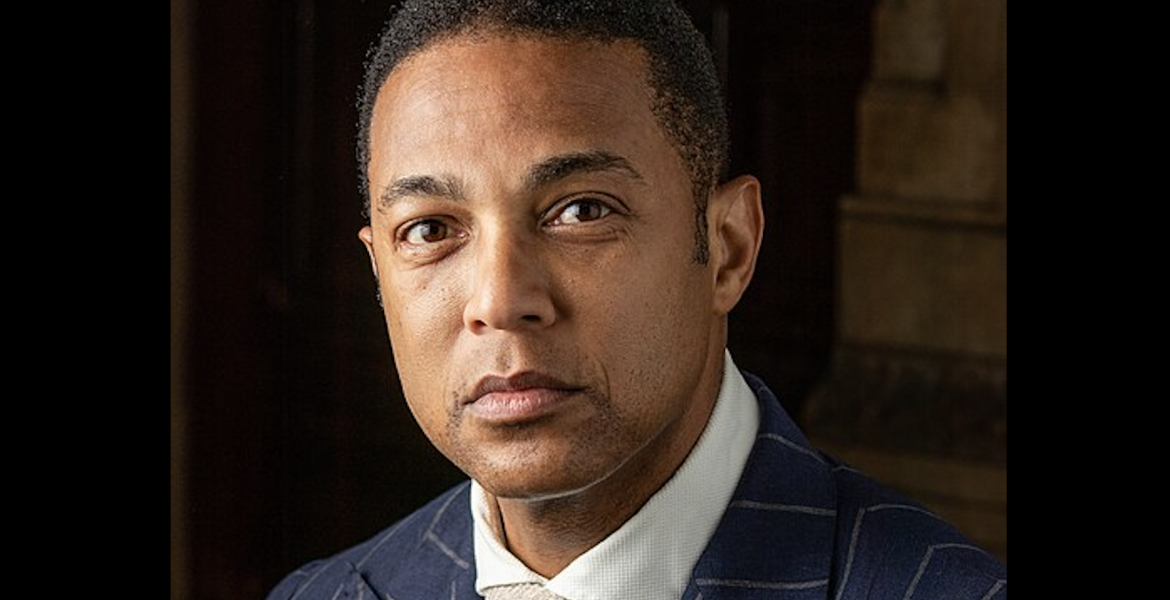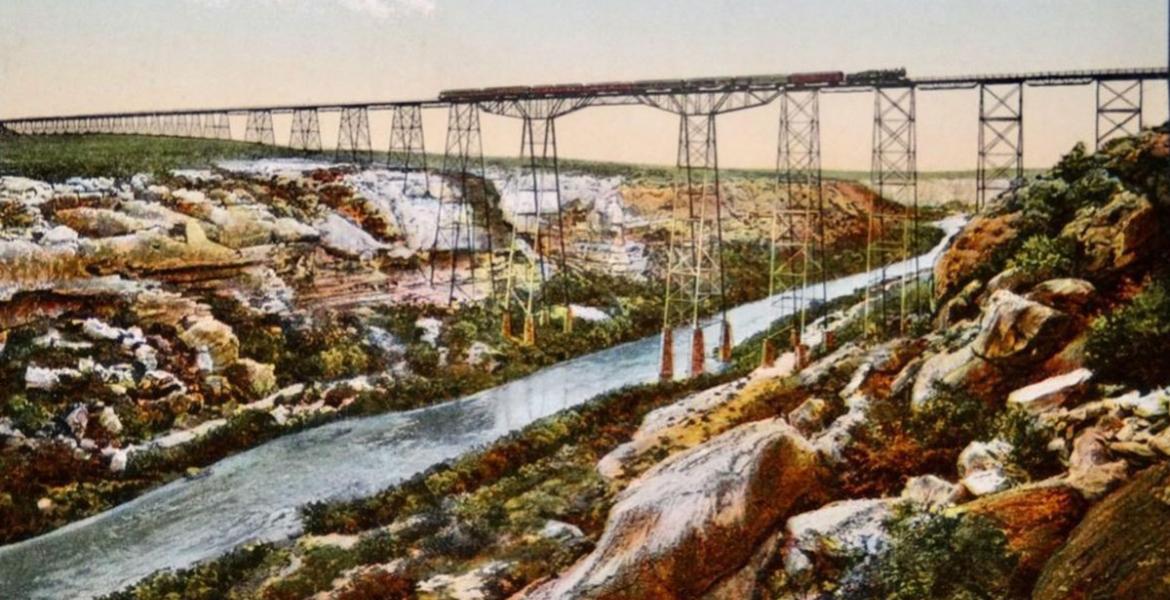OPINION — J. Frank Dobie, probably the foremost chronicler of Texana, didn’t introduce me to the vagaries of Texas weather, since I grew up in it, but he did enlighten me to the saying, “Nobody but a fool or a newcomer will prophesy weather in Texas.” My dad used to watch the weather forecast on television every night, even though it was often unreliable. I asked him once why he went to the trouble. He said, “You never know, one of these days they may get it right.”
Prior to the modern miracle of meteorology, farmers and ranchers constantly watched for signs that might preclude the blessing of rain. People who, as Dobie says, ‘pass their lives in battle with nature,’ always want to know what nature is about to throw at them, if possible. Texas folklore is rich with advice on how to tell when rain is imminent, although most of the indicators are probably rooted more in optimism than accuracy.
Animals, particularly rattlesnakes, snails, and turtles, heading for higher ground has long been held as a reliable prognostication of rain in the near future, and maybe it is. Although rattlesnakes are excellent swimmers, they take pains to keep their rattles dry, and it stands to reason they would want to avoid being caught in flood waters. That may also be the reason for the custom of putting a set of rattlesnake rattles in a guitar or fiddle, as a precaution against damp strings.
Folks along the Texas/Mexico border used to claim that, if a dead rattlesnake were thrown into the air and came to rest belly up, rain could be expected forthwith. But then, dead rattlesnakes typically fall belly up. Another claim is that hanging a rattler from a tree would produce rain. It won’t work, but it will work as well as anything else that doesn’t work. Some old timers claim that rain is coming when coyotes howl during daylight, or when burros bray just after dusk. My impression is that people tend to believe what they need to believe.
Rain in most of the Lone Star State may be infrequent, but when it comes it often comes violently. My grandparents lived near Rochelle, north of Brady, and they had a storm cellar behind the house. Once, just as a huge rainstorm arrived, they dashed out to the cellar, but my grandfather couldn’t get the door open. He kept pulling, and finally heard his neighbor, Dee Kelso, inside the cellar, call to his wife, “Evelyn, come help me hold the door! The wind is about to blow it open!” The Kelsos didn’t have a cellar at their house.
Since moving to Arkansas in 2014 I’ve been asked many times how Arkansas is different from Texas. The most glaring discrepancy I’ve noticed is that Arkansans never pray for rain. They don’t have to. Texans, at least those in South, Central, and West Texas, pray for rain at every opportunity. Even the atheists. All my life, until I moved to Arkansas, I don’t think I ever heard a prayer that didn’t include a plea for rain, or occasionally a note of gratitude for it when it had come.
Dobie once wrote about an Eastern fellow traveling through West Texas one hot summer day. He stopped at a gas station where an old timer was sitting on a bench under an awning, whittling. After glancing around at the arid landscape, the newcomer nodded toward the whittler and said, “Sure is dry around here. How much rain does this country get in a year?”
The old timer thought for a second and said, “Oh, about ten inches.”
The Easterner said, “That’s not much.”
The old timer said, “No, but you ought to be here the day we get it.”
Texans, Dobie asserted, like to brag about their weather, but they brag in reverse. Instead of talking about how nice the weather is, Texans, especially West Texans, usually boast about how harsh it is. The problem is they’re usually right. Texas weather can be brutal.
That brutality has been demonstrated lately in the flooding that has occurred in Brady, Junction, Sonora, and other area towns. Sonora has been particularly hard hit, and quite a few homes and businesses have been devastated. Most tragic is the lives that were lost on the Llano River near Junction, reminding us all how tenuous is our place in the world, and how vulnerable we are to the elements. We depend on the rain for survival, but sometimes it seems that the only thing worse than a lack of rain is an overabundance of it.
I don’t know how to predict rain, and I’m not sure anyone else does. What I do know is that Texans support one another in times of trouble. The federal and state governments may show up to help the folks in Sonora and other areas where flood damage has been severe. Their neighbors will surely be there, cleaning up the debris, helping them to rebuild, and offering the hand of hope.
That’s what Texans do . . .
Subscribe to the LIVE! Daily
Required






Post a comment to this article here: